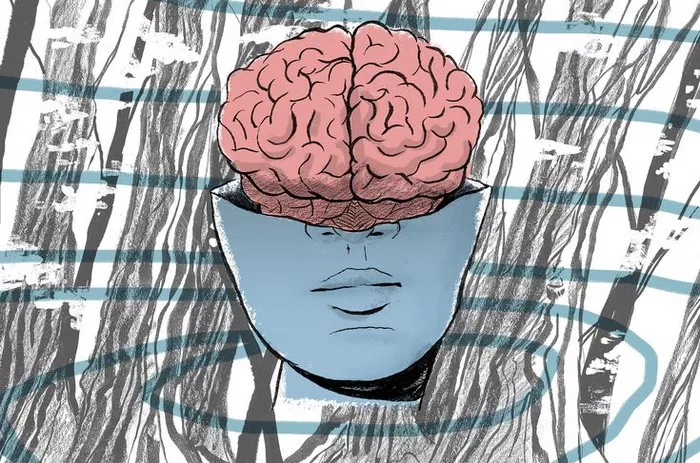In the hustle and bustle of modern life, mental health has become a central concern for individuals and communities. Amidst various therapeutic approaches and wellness strategies, volunteering emerges as a profoundly impactful yet often underappreciated avenue for enhancing mental well-being. This article explores the multifaceted ways in which volunteering can bolster mental health, supported by psychological theories, empirical research, and firsthand accounts.
The Psychological Benefits of Volunteering
Enhanced Sense of Purpose and Meaning
Volunteering offers more than just an opportunity to help others; it provides individuals with a sense of purpose. Engaging in altruistic activities can imbue one’s life with meaning, which is a significant protective factor against mental health disorders. According to Viktor Frankl’s logotherapy, finding meaning in life is crucial for psychological well-being. Volunteering allows individuals to connect to something larger than themselves, which can be particularly empowering during times of personal turmoil.
Increased Social Connections
Loneliness and social isolation are key contributors to disorders such as depression and anxiety. Volunteering naturally counters these issues by placing individuals in social environments where they can build relationships based on shared interests and communal goals. These connections are not only beneficial for emotional support but also provide a network of resources and camaraderie that can enhance an individual’s resilience to stress.
Improved Self-Esteem and Confidence
Regular participation in volunteer activities can significantly boost self-esteem and self-confidence. As volunteers witness the tangible results of their efforts, they often experience feelings of competence and accomplishment. This positive feedback loop reinforces their self-worth and efficacy, thereby elevating their overall mental health.
Stress Reduction Through the Helper’s High
Engaging in acts of giving and kindness can trigger what is often referred to as the “helper’s high,” a state characterized by elevated levels of endorphins, the brain’s natural painkillers. This phenomenon not only reduces stress but also enhances the volunteer’s mood. Furthermore, focusing on helping others can provide a healthy distraction from one’s problems, leading to a reduction in negative stress effects.
Evidence Supporting the Mental Health Benefits of Volunteering
Research Overview and Major Findings
A plethora of studies have affirmed the mental health benefits of volunteering. For instance, research published in the Journal of Happiness Studies found that individuals who volunteered regularly were less likely to suffer from depression and more likely to experience increased life satisfaction and well-being.
Longitudinal Studies on Volunteering and Mental Health
Longitudinal research, which follows the same individuals over time, has shown that those who begin volunteering experience better mental health outcomes compared to those who do not volunteer. These studies suggest that the benefits of volunteering are not merely correlated with better mental health but may be causative in nature.
Volunteering in Special Populations
Specific demographic groups, such as the elderly or those suffering from chronic illnesses, can reap significant mental health benefits from volunteering. For the elderly, volunteering not only helps combat depression and loneliness but also contributes to cognitive preservation and a lower mortality rate.
The Role of Volunteering in Coping with Mental Health Challenges
Coping Mechanism for Depression and Anxiety
Volunteering can serve as an effective coping strategy for individuals dealing with depression and anxiety. By fostering a sense of usefulness and belonging, volunteering helps mitigate the symptoms of these disorders. Moreover, the routine associated with regular volunteer work can provide a stabilizing structure for those who might otherwise feel adrift.
Enhancing Recovery from Mental Illness
For those in recovery from mental illness, volunteering can play a crucial role in the rehabilitation process. It provides a low-stress environment where individuals can practice social skills and gain work experience, which are vital for full social reintegration.
Strategies for Integrating Volunteering Into Mental Health Care
Professional Recommendations
Mental health professionals can incorporate volunteering into therapy by encouraging their clients to engage in volunteer work as part of a broader treatment plan. This should be tailored to fit the individual’s interests, capacities, and recovery stage.
Community Programs and Initiatives
Communities can enhance the mental well-being of their members by developing structured volunteering programs that are accessible to individuals of varying ages and backgrounds. These programs should aim to match volunteers with activities that align with their personal passions and professional skills.
Volunteering Virtually in the Digital Age
With the advent of technology, virtual volunteering has become a feasible option for many who may not have the capacity to engage in traditional volunteer work. This form of volunteering can include tasks like providing online support to individuals in need, participating in virtual fundraising events, and more.
Conclusion: Embracing Volunteering as a Pathway to Better Mental Health
The positive correlation between volunteering and mental health is well-documented and profound. By offering a sense of purpose, fostering social connections, boosting self-esteem, and reducing stress, volunteering can significantly enhance an individual’s mental well-being. As society continues to grapple with widespread mental health issues, promoting volunteering as a form of preventive healthcare and therapeutic intervention may offer an accessible and effective solution for improving individual and community mental health. Embracing volunteering as a strategic element in mental health strategies not only enriches the lives of recipients but also those of the givers, creating a healthier, more compassionate society.
[inline_related_posts title=”You Might Be Interested In” title_align=”left” style=”list” number=”6″ align=”none” ids=”8426,8423,8430″ by=”categories” orderby=”rand” order=”DESC” hide_thumb=”no” thumb_right=”no” views=”no” date=”yes” grid_columns=”2″ post_type=”” tax=””]
































